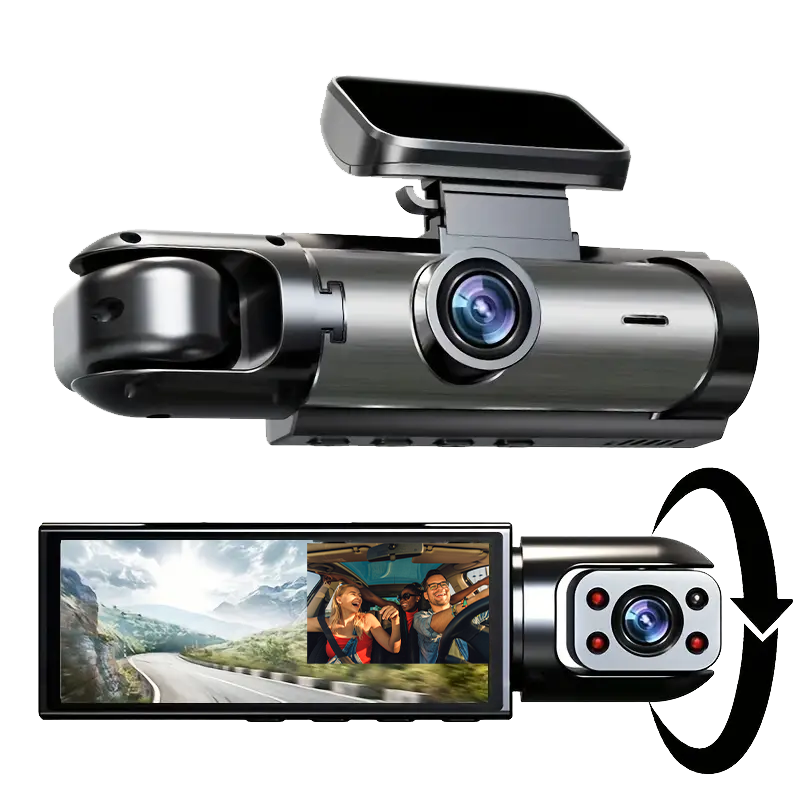
Nissan Silvia Csp311 1965–1968

| Nissan Silvia (CSP311) | |
|---|---|

Nissan Silvia (CSP311)
|
|
| Overview | |
| Also called | Datsun 1600 Coupe |
| Production |
|
| Assembly | Hiratsuka, Kanagawa (Nissan Shatai Plant) |
| Body and chassis | |
| Body style | 2-door coupe |
| Platform | Datsun CSP311 platform |
| Related | Datsun Fairlady SP311 |
| Powertrain | |
| Engine | 1.6 L R I4 |
| Transmission | 4-speed manual |
| Dimensions | |
| Wheelbase | 2,280 mm (89.8 in) |
| Length | 3,985 mm (156.9 in) |
| Width | 1,508 mm (59.4 in) |
| Height | 1,275 mm (50.2 in) |
| Curb weight | 977 kg (2,154 lb) |
The Nissan Silvia CSP311 made its public debut at the Tokyo Motor Show in September 1964 as the "Datsun Coupe 1500".
The introductory model was a hand-built coupe based on the Fairlady convertible, styled with input from Count Albrecht Goertz. Its appearance is similar to the Lancia Fulvia coupe. The CSP311 was powered by the 96 hp 1.6 L Nissan R series engine. The engine was equipped with twin SU carburetors. Production ceased in 1968 after a mere 554 were made (mainly in 1965), each one of them unique with body panels crafted by hand. Most of the vehicles remained in Japan; however, 49 examples were exported to Australia and another 10 went to other countries.
The low production numbers and tedious method of construction assured that each car was unique and valuable; this is reflected by the car's purchase price of almost twice as much as the next model in the manufacturer's lineup at the time. After production ceased in 1968, the Silvia nameplate would not grace another Nissan vehicle until 1974. Its marketing approach was similar to the Isuzu 117 Coupé. The name "silvia" is a variation of the word "sylvia", which is a scientific genus term assigned to a class of birds, possibly a reference to the Nissan Bluebird which was in production at the time the Silvia was introduced. In Japan, it was sold at Nissan Bluebird Store locations, and was marketed with the "Nissan" name instead of the more widely used "Datsun" brand name.
